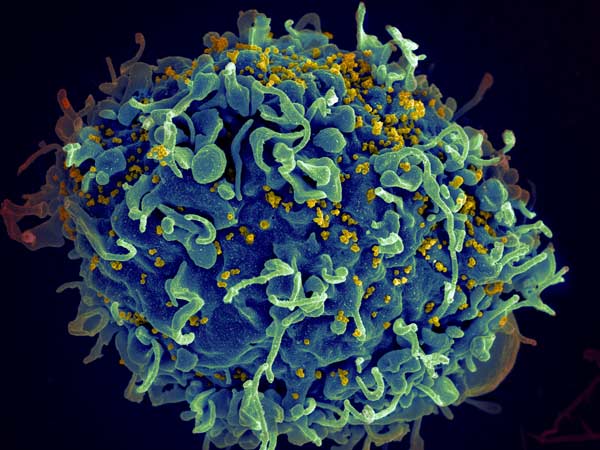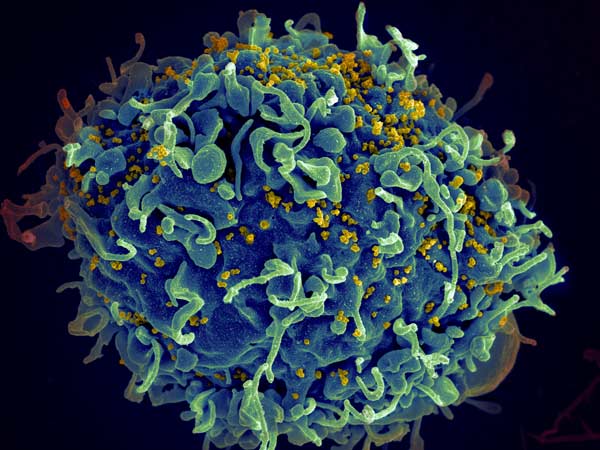
A new HIV Medicine study identified several barriers to routine HIV testing in emergency departments and acute medical units in the UK and US. For the study, investigators searched electronic databases for US and UK studies published between 2006 and 2015 that described the offer of HIV testing to adults. HIV testing coverage ranged from 10%-38% and 19%-26% while uptake levels were higher (70%-84% and 53%-75%) in the UK and US, respectively. Operational barriers such as lack of time, the need for training, and concerns about giving results and follow-up of HIV-positive results were reported. Patient-specific factors including female sex, old age, and low risk perception correlated with refusal of HIV testing. Factors that facilitated the offer of HIV testing were venous sampling (versus point-of-care tests), commitment of medical staff to HIV testing policy and support from local HIV specialist providers.
“The individual and public health benefits of early HIV diagnosis and prompt treatment are hampered by the unacceptably low rates of routine HIV testing in nonspecialist settings,” said lead author Dr. Ali Elgalib. “The barriers identified by our review lie more with providers rather than patients–they stem from staff fears about offering HIV testing due to perceived lack of knowledge about HIV.”
###
Media Contact
Penny Smith
[email protected]
http://newsroom.wiley.com/
http://dx.doi.org/10.1111/hiv.12568





